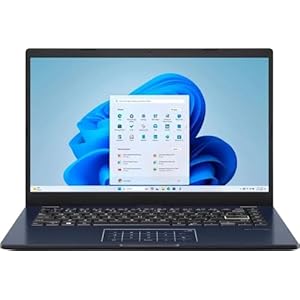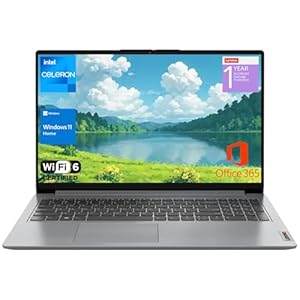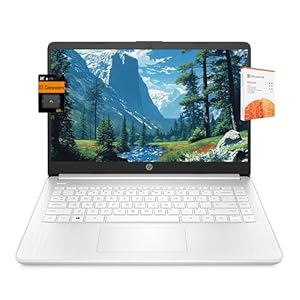
If you’re serious about optimizing your software development setup, choosing the right high-performance laptop can significantly impact your workflow. Imagine having a device that can effortlessly handle complex coding tasks, compile code swiftly, and effortlessly run multiple virtual machines simultaneously. The right laptop can make all the difference in streamlining your work process and boosting productivity. But what key features should you prioritize when selecting a high-performance laptop for software development? Let’s explore the essential elements that can take your coding experience to the next level.
Top Picks for Software Development
When selecting a laptop for software development, opt for models equipped with high processing power and ample RAM. These specifications are crucial for handling resource-intensive tasks like coding, compiling, and running virtual machines smoothly. One top pick in the market is the Dell XPS 15, known for its powerful Intel Core i7 processor and up to 64GB of RAM, providing the performance needed for multitasking and running demanding development tools.
Another excellent choice is the MacBook Pro 16-inch, favored by many developers for its reliable performance and seamless integration with macOS development environments. With options for an Intel Core i9 processor and up to 64GB of RAM, this laptop ensures a smooth coding experience for iOS or macOS development projects. Additionally, the Lenovo ThinkPad X1 Carbon stands out for its durability and exceptional keyboard, making it a great option for developers who prioritize comfort during long coding sessions.
Remember to consider factors like battery life, display quality, and portability when choosing a laptop for software development to ensure a well-rounded development experience.
Performance Metrics and Benchmarks
Exploring performance metrics and benchmarks can provide valuable insights into the capabilities of laptops for software development. When evaluating laptops for software development, it’s crucial to consider key performance indicators such as CPU speed, RAM capacity, and storage type. CPU speed, measured in GHz, determines how quickly the processor can execute instructions, impacting tasks like compiling code and running virtual machines. A higher CPU speed generally results in better performance for demanding development tasks.
RAM capacity, typically measured in gigabytes, affects the laptop’s ability to handle multiple applications simultaneously. More RAM allows for smoother multitasking, crucial for developers working with resource-intensive IDEs and databases. Additionally, the type of storage, whether it’s a traditional hard drive or a faster solid-state drive (SSD), impacts the speed of data access and overall system responsiveness.
When comparing laptops, look for benchmarks and reviews that assess real-world performance in software development scenarios. These metrics can help you make an informed decision based on the specific requirements of your development projects.
Key Features to Consider
Considering the performance metrics and benchmarks discussed, it’s important to focus on key features when selecting a laptop for software development.
Firstly, prioritize a fast processor with multiple cores like an Intel Core i7 or AMD Ryzen 7 to handle complex tasks efficiently. Additionally, ensure a minimum of 16GB RAM to smoothly run multiple applications simultaneously.
Storage is crucial; opt for a solid-state drive (SSD) with at least 512GB for faster boot times and program launches. A high-resolution display, preferably 1920×1080 or higher, enhances coding and design work.
Backlit keyboards aid night-time coding sessions, while a comfortable touchpad and a variety of ports (USB, HDMI, Thunderbolt) are essential for connectivity. Battery life is vital for mobile developers; aim for a laptop that offers at least 8 hours of usage on a single charge.
Lastly, consider a lightweight and durable design for portability and longevity. Prioritizing these key features will ensure a seamless software development experience.
Budget-Friendly Options
For those looking to save money without compromising quality, affordable laptops with decent performance can be a great option for software development. When considering budget-friendly options, focus on laptops with at least an Intel Core i5 processor or its AMD equivalent for smooth multitasking and coding. Look for a minimum of 8GB RAM to ensure your development tools run efficiently. A solid-state drive (SSD) is preferable over a traditional hard drive for faster boot times and program launches. Consider laptops with a 13-15 inch display for a good balance between portability and screen real estate.
Opt for a laptop with a minimum of Full HD resolution for crisp visuals while coding. Check for multiple connectivity options like USB ports, HDMI, and SD card slots for peripheral compatibility. Battery life is crucial for uninterrupted work sessions, so aim for a laptop that offers at least 7-8 hours on a single charge. Research user reviews and expert recommendations to find a budget-friendly laptop that suits your software development needs without breaking the bank.
Trending Products










